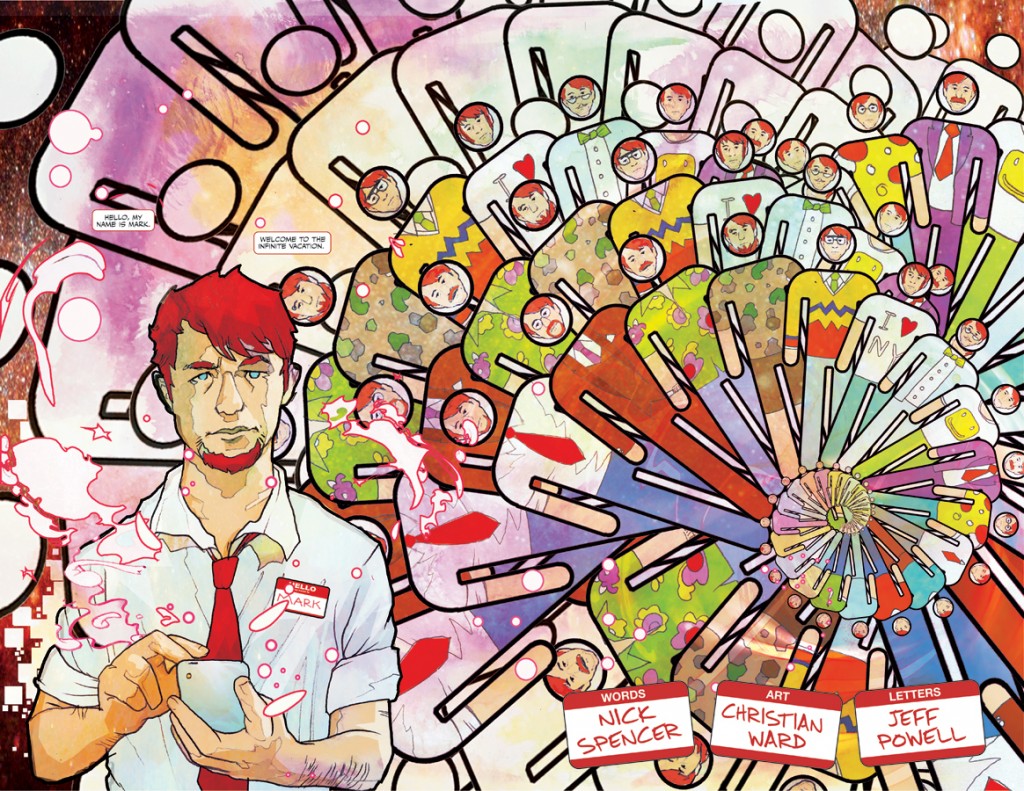
 The Cyborgology editors are throwing a conference on April 9th called Theorizing the Web. Leading up to the event, we will occasionally highlight some of the events taking place. I will be presiding over a paper session simply titled “Cyborgology” and present the four abstracts below. As readers of this blog already know, we view cyborgology as the intersection of technology and society. We define technology more broadly than just electronics, but also to things like architecture, language, even social norms. And the four papers on the Cyborgology panel offer a broad scope of what cyborgology is and how it can be used.
The Cyborgology editors are throwing a conference on April 9th called Theorizing the Web. Leading up to the event, we will occasionally highlight some of the events taking place. I will be presiding over a paper session simply titled “Cyborgology” and present the four abstracts below. As readers of this blog already know, we view cyborgology as the intersection of technology and society. We define technology more broadly than just electronics, but also to things like architecture, language, even social norms. And the four papers on the Cyborgology panel offer a broad scope of what cyborgology is and how it can be used.
First, we have David Banks’ paper titled, “Practical Cyborg Theory: Discovering a Metric for the Emancipatory Potential of Technology.” David discusses what theoretical cyborgology is and what it can do. Bonnie Stewart offers a discussion of the social-media-using-cyborg as a sort-of “branded” self in her paper, “The Branded Self: Cyborg Subjectivity in Social Media.” Bonnie pays special attention to, in true cyborgology fashion, the way in which digital and physical selves interact and blur together. Next, Michael Schandorf argues that Twitter norms are akin to the non-speech gestures we make while talking (e.g., like moving our hands). What makes his paper, titled, “Mediated Gesture of The Distributed Body,” so appropriate for the Cyborgology panel is Michael’s focus on the physically and socially embodied nature of digital communication. Even digital communication does not exist alone in cyberspace but in an “augmented reality” at the intersection of atoms and bits. Last, Stephanie Laudone’s paper, “Digital Constructions of Sexuality,” empirically describes how sexuality is both affirmed and regulated on Facebook. This, again, highlights the embodied nature of Facebook while looking at how digital space operates differently than physical space.
Find the four abstracts below. Together, they will make for an exciting panel. We invite everyone to join us at the conference in College Park, MD (just outside of Washington, D.C.) on April 9th. And let’s start the discussion before the conference in the comments section below. Thanks! more...








